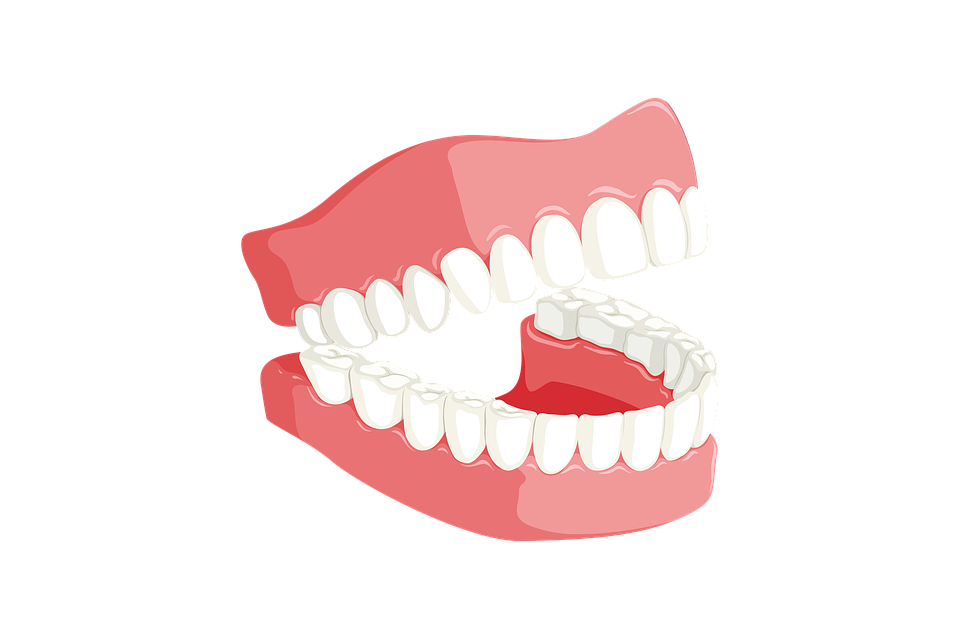Dental Implants Over Dental Bridges
Teeth replacements have evolved over the past three decades. However, previously, dental bridges were a patient’s only choice. But as time passed by, dental implants came into existence and provided viable options to patients, Consequently, dental implants are very popular and successful in comparison to dental bridges.
Dental implants involve titanium cylinders supporting the crown, unlike the bridges that repositioned the bone tissue below the crown. Supported by technological up-gradation and increased level of procedure refinement, dental implants have set a new standard of care for teeth replacements.
Teeth implants not only lend a natural look, but are also healthier and pocket-friendly. Besides, compared to dental bridges, teeth implants last longer have better restoration prospects and are also quite painless.
Advantages Of Dental Implants
- Dental Implants require little maintenance and feels and functions like normal teeth. Also, the implants are stable, strong and keeps your smile beautiful
- The procedure of implanting a tooth doesn’t cause any discomfort or pain
- Implants prevent the chances of cavities
- They are more durable when compared to dental bridges and their average lifespan is about 15 years, but with proper care, they can last more than 30 years
- Teeth implants helps retain the natural shape of your face and smile
- A dental implant supports itself, unlike a bridge that needs support of the adjacent tooth or teeth
- The crowns supported by the implants keep the surrounding teeth stable. Thus, it helps to prevent teeth shifting into the gap and creating pain, when eating food
- Implants allow you to consume all your favorite foods
- Dental implants help prevent the loss of bone, that usually takes place underneath missing teeth. This helps in protecting your jawbone, by maintaining the size and shape of your jaw
- Though bridges are initially more affordable than implants, dental implants are the most cost-effective in long run
- Dental bridges usually last between eight to fifteen years, while dental implants are made to last longer
Each patient is different and a dental specialist should evaluate the condition in order to determine the appropriate number of implants to support teeth replacement.
